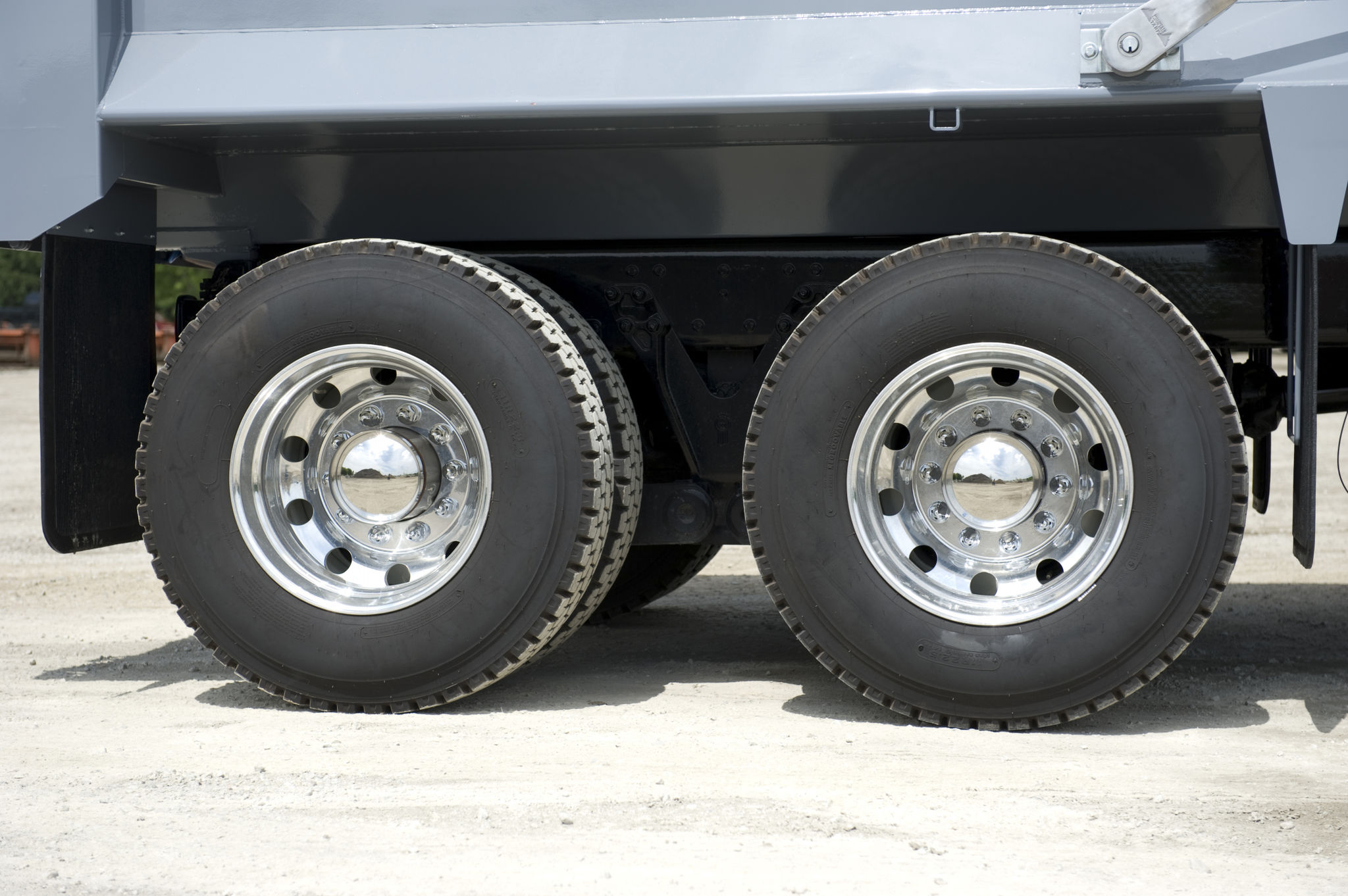Expert Insights: The Future of Truck Tire Services
Introduction to the Future of Truck Tire Services
As the transportation industry evolves, so does the demand for innovative solutions in truck tire services. With advancements in technology and a growing emphasis on sustainability, the future of truck tire services is set to transform significantly. This blog post explores key expert insights into what we can expect in this dynamic field.

Embracing Technology
Technology is at the forefront of the future of truck tire services. Experts predict that smart tires equipped with sensors will become standard. These sensors can monitor tire pressure, temperature, and tread depth in real-time, providing valuable data to fleet managers. This data-driven approach allows for timely maintenance, reducing downtime and enhancing safety.
Furthermore, predictive analytics will play a pivotal role in tire management. By analyzing usage patterns and environmental conditions, predictive models can forecast tire wear and recommend proactive replacements. This not only extends the lifespan of tires but also optimizes resource allocation.
Sustainability and Eco-Friendly Practices
As environmental concerns take center stage, the truck tire industry is prioritizing sustainability. Manufacturers are increasingly focusing on producing eco-friendly tires made from sustainable materials. This shift not only reduces the carbon footprint but also aligns with the global push towards greener practices.

Additionally, retreading is gaining popularity as a cost-effective and environmentally responsible option. Retreading extends the life of a tire by replacing worn tread with new material, reducing waste and conserving resources. With advancements in retreading technology, these tires perform comparably to new ones, offering a viable solution for fleet operators.
Enhanced Durability and Performance
In the quest for enhanced performance, manufacturers are investing in research and development to produce more durable tires. Innovations in rubber compounds and tread designs aim to improve grip, fuel efficiency, and overall durability. These advancements are crucial for meeting the demands of long-haul operations and diverse terrains.
Moreover, tire manufacturers are collaborating with vehicle makers to create custom tires tailored to specific truck models. This synergy ensures optimal performance and safety, ultimately benefiting drivers and fleet managers alike.

The Role of Automation
Automation is poised to revolutionize the way truck tire services are delivered. From automated inspection systems that utilize machine learning algorithms to robotic tire changers, automation enhances efficiency and precision. These technologies reduce human error and speed up service times, allowing fleets to remain operational with minimal disruption.
Looking ahead, autonomous vehicles will further influence tire service requirements. As self-driving trucks become more prevalent, tires will need to adapt to new driving patterns and conditions, necessitating continuous innovation in tire technology.
Conclusion
The future of truck tire services is marked by technological advancements, sustainability efforts, and improved performance standards. By embracing these changes, the industry is set to meet the evolving needs of fleet operators while contributing to a more sustainable future. As we move forward, collaboration between manufacturers, service providers, and fleet managers will be crucial in navigating this exciting landscape.